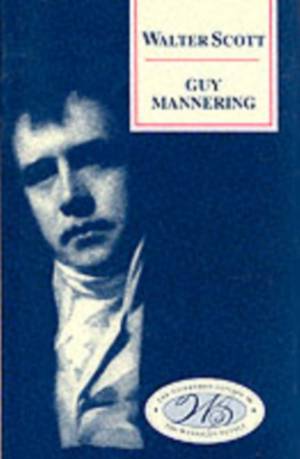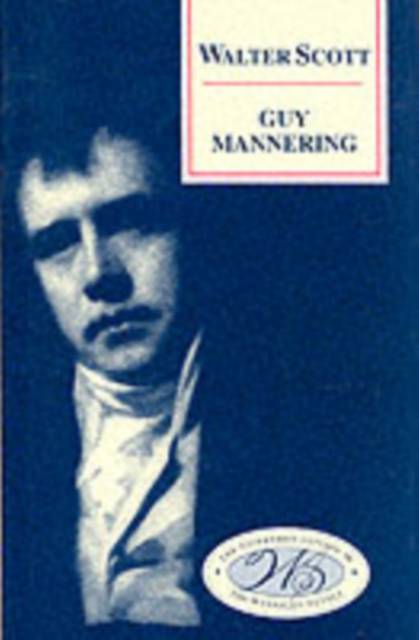
- Afhalen na 1 uur in een winkel met voorraad
- Gratis thuislevering in België vanaf € 30
- Ruim aanbod met 7 miljoen producten
- Afhalen na 1 uur in een winkel met voorraad
- Gratis thuislevering in België vanaf € 30
- Ruim aanbod met 7 miljoen producten
Zoeken
€ 209,45
+ 418 punten
Uitvoering
Omschrijving
Guy Mannering, or The Astrologer, first published in 1815, was Walter Scott's second novel. Guy Mannering only half-believes in his art, but does believe in the ability of his patriarchal power, wealth and social position to sort out social confusion. However he has to learn the limits of a nabob's authority in a society that (in the 1780s) is no longer a single hierarchy but has many subsets, each with its own laws - gypsies, smugglers, Edinburgh lawyers, the Border store farmer, the traditional landowner. Guy Mannering is set at the time of the American Revolution, and represents a Scotland at once backward and advanced, patriarchal and commercial, traditional and modern, a country in very varied stages of progression. This is the first modern edition of one of Scott's finest works. It is based on the first edition, but is corrected from the manuscript, and restores around two thousand readings lost through error or misunderstanding. For the first time it includes Scott's extended portraits of the Edinburgh literati which were unaccountably omitted from the printed version.
Specificaties
Betrokkenen
- Auteur(s):
- Uitgeverij:
Inhoud
- Aantal bladzijden:
- 616
- Taal:
- Engels
- Reeks:
- Reeksnummer:
- nr. 2
Eigenschappen
- Productcode (EAN):
- 9780748605682
- Verschijningsdatum:
- 16/04/1999
- Uitvoering:
- Hardcover
- Formaat:
- Genaaid
- Afmetingen:
- 145 mm x 218 mm
- Gewicht:
- 816 g

Alleen bij Standaard Boekhandel
+ 418 punten op je klantenkaart van Standaard Boekhandel
Beoordelingen
We publiceren alleen reviews die voldoen aan de voorwaarden voor reviews. Bekijk onze voorwaarden voor reviews.











